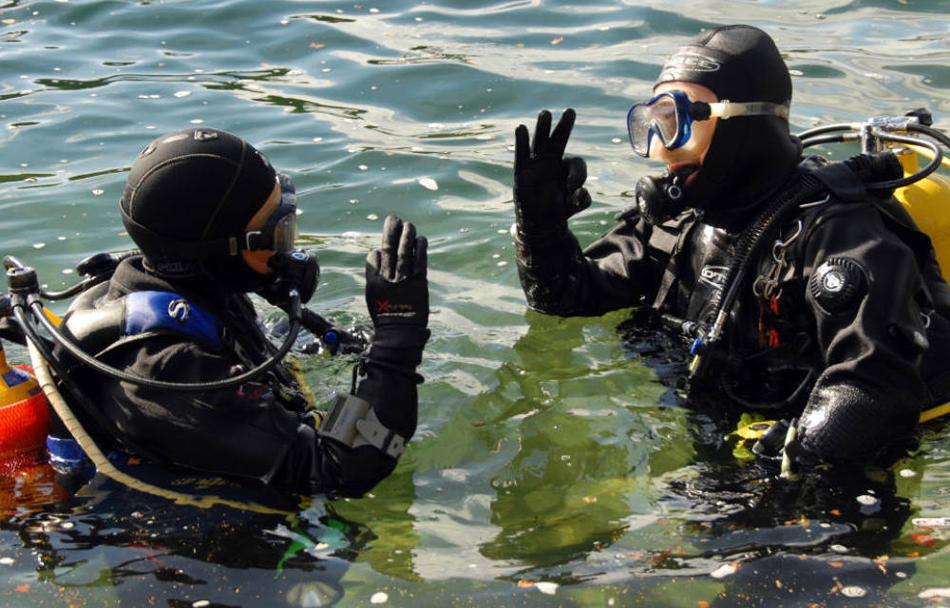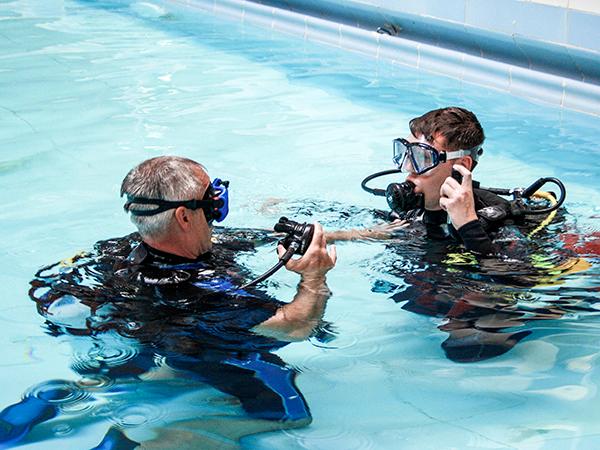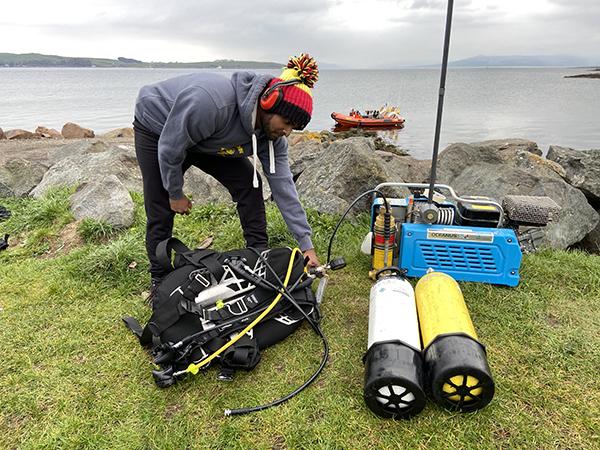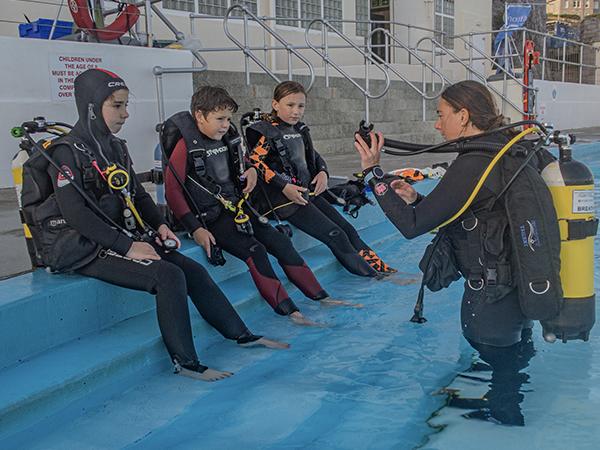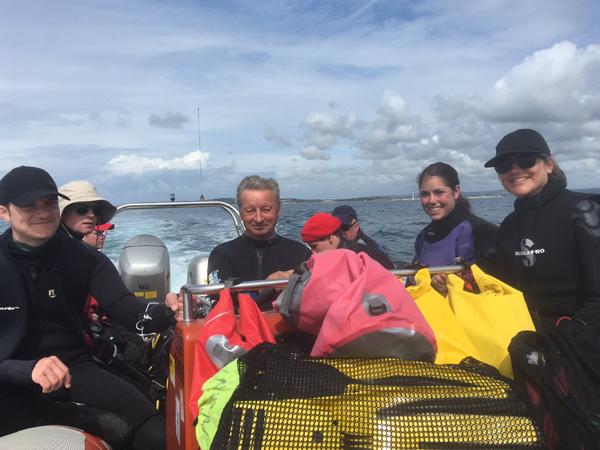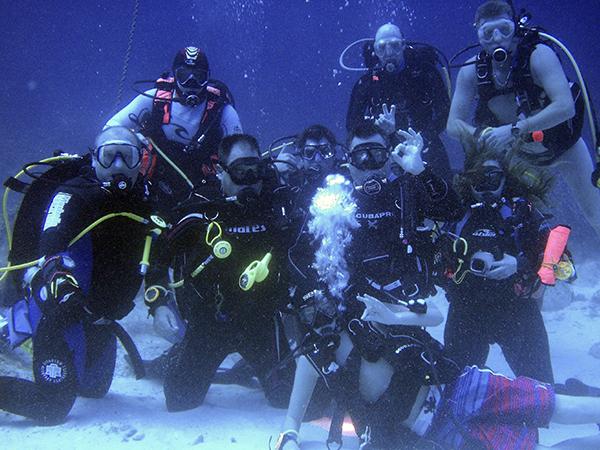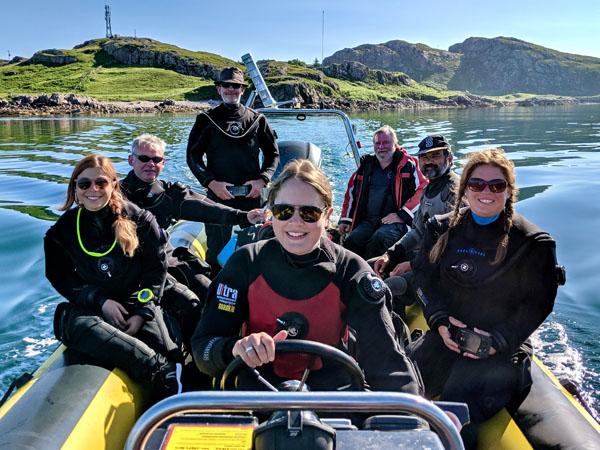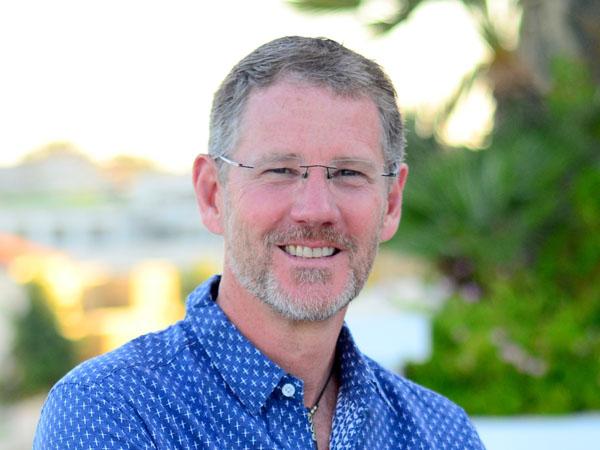Insurance questions relating to branch equipment
1. Branch equipment
BSAC has no insurable interest in any branch owned equipment.
| ‘Insurable Interest’ - Definition |
| The interest that a person has in something such as a particular property or another individual, which means that the person would suffer a loss should that property or individual be harmed. |
| In insurance law, you can only buy insurance for something or someone in which you have an insurable interest. |
Consequently, the Members’ Third Party Liability cover does not extend and cannot be extended to cover your equipment or property for loss or damage.
This includes the ownership of:
- Boats*
- Compressors**
- Gas Blending equipment
- Training equipment***
- First Aid equipment such as Oxygen Admin and AED***
- Branch or personally owned scuba equipment***
*Boats are specifically referenced as requiring insurance in BSAC Articles of Association:
“Article 86 (E)
All boats (other than hand propelled watercraft) used by a Branch or by any member of the Club on Branch or Club activities must be insured for Third Party risks with a minimum indemnity limit of an amount stipulated by Council from time to time.”
BSAC Articles of Association are subject to limited review and amendment. The reason for the “…insured for Third Party risks with a minimum indemnity limit of an amount stipulated by Council from time to time.” is to allow for changes in the insurance market to be reflected without the need to await amendment of the Articles.
The current minimum limit is £3 million, which reflects the typical maximum indemnity available on the insurance market.
**Compressors, whilst the equipment itself is not covered, liability arising from the operation of the compressor by a qualified operator is covered by the members third party liability cover, as is the delivery of training in such operation by a registered BSAC Compressor Operation Instructor, subject to the above. The explosion or collapse of pressure vessels of the compressor are not covered by the members insurance cover and should be insured separately by the owners.
See Section 3. below
***Other branch owned equipment should have negligible risk associated with it given it's routine intended use. However, by ensuring it is covered as part of the whole of the branches equipment to include any liability, such minimal risk will be covered as well.
2. Branch premises
BSAC has no insurable interest in branch owned premises, as opposed to equipment, and consequently the Members’ Third Party Liability cover does not extend to cover such premises for loss, damage or any liability arising from the ownership of such premises.
This includes the ownership (including leasing) of:
- Clubhouses
- Garages
- Boat sheds
- Storage containers
- Diving lakes
- Etc.
Consequently, it is inherent on all BSAC branches who own equipment and/or premises to ensure they protect the interest of the branch and its members by sourcing relevant insurance to safeguard those assets for loss, damage or any liability arising from the ownership or use of such assets.
3. Compressor
BSAC insurance has been extended to cover the operation of a club compressor but would not cover any liability “arising directly or indirectly from explosion or collapse of boilers or other vessels under pressure in respect of which a certificate is required to be issued under the terms of any statute or regulation.”
Legislation requires that the compressor manufacturer is responsible for certifying that a compressor is compliant and to provide advice and guidance on maintenance requirements at point of sale.
The Pressure Equipment (Safety) Regulations 2016 (PE(S)R), makes it an offence for a manufacturer to place on the market, put into service or otherwise supply pressure equipment and assemblies above 0.5 bar unless they:
- are safe
- meet essential safety requirements covering design, manufacture and testing
- satisfy appropriate conformity assessment procedures and are accompanied by a declaration of conformity
- carry the United Kingdom Conformity Assessment (UKCA) marking or, until 31 December 2022, the CE marking and other required information in English
- label their product with their (manufacturers) name, registered trade name or trademark and address, and the type, batch or serial number
- provide adequate instructions and safety information
Legislation in the form of Pressure Equipment (Safety) Regulations 2016 (PE(S)R) and Pressure Systems Safety Regulations 2000. places a legal and regulatory burden when someone is ‘at work’.
BSAC branch members are volunteers and so not ‘at work’ and so not directly under the relevant acts and regulations.
However, reference should be made to HSE guidance for ‘Amateur sports clubs - Guidance on running a safe sports club’. With regard to Volunteers running sports clubs:
“Health and safety law does not generally apply to volunteers running a club with no employees, unless the club has responsibility for premises like a clubhouse or playing fields.
Anyone (including volunteers) with control of premises like a clubhouse or playing fields has a duty to see that the premises, access to them and plant ( eg sports equipment) and substances provided are safe for the persons using them so far as is reasonably practicable. Often this is a shared duty between the premises owner, a management committee and users.
The extent of a club's legal duty will depend on the level of control it has over the premises and the type of plant or substances provided. For example, if your club owns or manages the premises, then you would be expected to keep the premises and any sports equipment provided in good repair. If your club uses sports equipment then you would be expected to take reasonable steps to check it is safe to use eg check goal posts are secure before a game so they won't collapse and injure a player.”
Note: The text above is taken from an HSE document but in a diving context 'playing fields' could be 'swimming pool' or 'diving lake' operated by the branch and 'goal posts' could be 'underwater platforms' or 'pool filters and associated chemicals'.
A compressor (and other equipment) would fall under the category of ‘plant’, and so places a ‘duty of care’ on the organisers (eg branch officers) to ensure the safety of those who use such equipment. Where a compressor is sited in a premises not belonging to the club then there is also a responsibility to the premises owner to safeguard the premises from damage.
The advice given to take out appropriate insurance for branch property to adequately cover for loss, damage or any liability arising from the ownership is intended to demonstrate such a level of ‘duty of care’ not just for the safety of all concerned but also to adequately protect the valuable assets of a branch.
Liability arising from the operation of the compressor by a qualified operator is covered by the members third party liability cover, as is the delivery of training in such operation by a registered BSAC Compressor Operation Instructor, subject to the above. The explosion or collapse of pressure vessels of the compressor are not covered by the members insurance cover and should be insured separately by the owners.
4. Additions to compressor
The filling of a diving cylinder, which is subject to periodic inspection and testing etc., is the purpose of using a compressor.
The additions to a compressor of banks, pipework and other ancillary equipment would constitute the production of a system or assembly and consequently alter the design and operation of the compressor. This should meet the same requirements for the supply of pressure equipment and assemblies and if professionally installed and maintained would meet the requirements. However, such a system would also be subject to a maintenance and inspection programme and be subject to certification by a ‘competent person’, This is not covered by the member policy.
5. Competent person
This is not an individual but has a specific legal meaning.
From the HSE ACoP for the Safety of Pressure systems:
“The term ‘competent person’ refers not to the individual employee who carries out duties under the Regulations but to the body which employs the person charged with those duties. Thus, the definition of competent person makes it clear that the legal duty to comply rests with a competent person’s employer, and not with an individual, unless that person is self-employed.”
Where a system has been designed and installed by a company then, as noted above, consequently required to comply with the legislation then the owners should be provided with the relevant certification and a ‘written scheme of examination’. From the HSE ACoP for the Safety of Pressure systems:
“101 Responsibility under this regulation may be summarised as follows:
(a) the user/owner ensures the scope of the scheme is appropriate, ie which parts of the system are covered (with advice, if necessary, from a suitably experienced adviser); and
(b) the competent person specifies the nature and frequency of examinations and any special measures needed to prepare the system for safe examination.
Where the written scheme of examination is written by someone other than a competent person, it must be certified as suitable by a competent person.”
This places a responsibility on the owner to determine if the scheme is appropriate (with specialist advice as necessary) and either a competent person has written the scheme, or a scheme written by anyone else has been certified by a competent person.
The BSAC members insurance does NOT cover any ancillary equipment that may be used during this process, i.e. blending equipment, storage tanks, this must be insured by you or your club, for your liability and the liability of any other club member suitably qualified to use it.
6. Equipment Liability
In response to a stated difficulty in sourcing appropriate liability cover for equipment, BSAC’s insurance brokers have negotiated competitive and comprehensive cover for clubs & boats, including compressors and gas blending systems. This is a bespoke level of cover that needs to be tailored to the very different levels of equipment and relevant risk held by each branch. This has inevitably required much detailed discussions and requests for information and negotiation, to ensure the quote is both accurate and meets each branch's specific needs.
In order to provide a quotation it would be necessary to determine:
- Value of the property
- How and where it is stored
- Security arrangements
And with respect to compressors and ancillary equipment (including banks and blending systems)
7. Cost of cover
A number of branches have requested quotes from BSAC insurers and expressed concern at the amounts quoted and have requested consideration of liability being included in the BSAC members policy or negotiation of a group policy.
7.1 BSAC members policy
It has been suggested that the BSAC members’ insurance be extended to include equipment cover for club equipment.
The equipment is owned by the clubs who and as noted above BSAC has no insurable interest in that equipment. Consequently, BSAC would be unable to insure equipment that it does not own, as it would remain the property of the branch that had invested in it and importantly exercise control over it.
Additionally, the policy is arranged as a members liability policy, not a property damage policy.
7.2 Group Policy
It has also been suggested that BSAC and/or BSAC insurers negotiate a group policy for equipment cover for club equipment.
As above BSAC has no insurable interest in order to do this.
8. Instruction
BSAC provides training programs for safe operation of certain equipment in support of BSAC activities including:
- Boathandling and Diver Coxswain
- Compressor Operation
- Gas Blending
The instructor is covered under members insurance policy for the conduct of the course.
(BSAC instructors delivering the course commercially through a BSAC Centre are not covered by the members policy and must ensure they are covered separately as commercial activity is excluded from the policy.)
The Instructor would be responsible for:
- Ensuring each student receives:
- Copies of relevant course materials (purchased from BSAC)
- Delivery of the course content
- Supervision, monitoring and correction of all students during the conduct of practical operation of any equipment
- Reporting on successful completion and ensuring student certification procedures are followed
- Checking all equipment is fit for purpose including:
- Checking maintenance records are in order – with reference to any written scheme of examination as necessary
- Seeking assurances that the equipment liability cover is in place
- They understand and are sufficiently familiar with the equipment to ensure they know how to operate it safely
- Etc.
Any dispute over which liability policy should respond following any incident is a matter for the respective insurers to clarify. No liability should be admitted.
Any further questions not already covered please email

